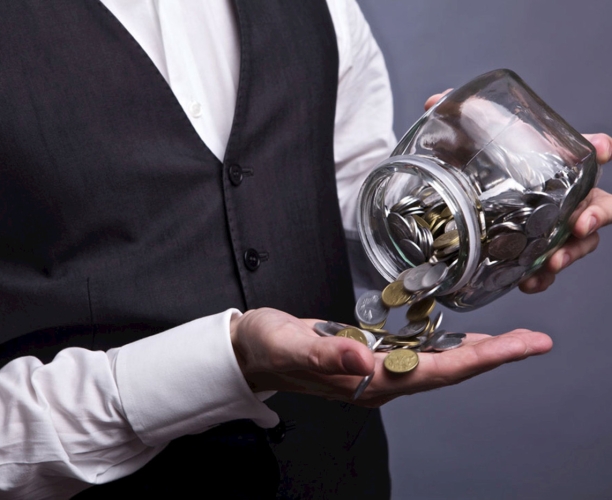

Money does not buy you happiness but it gets you close to it
Back in February this year, just when Hong Kong residents were acclimatizing to COVID rules, the 5th Wave pushed them back into protective mode. At the time, the proportion of people who were getting ready for new restrictions or reacting day-to-day to the restrictions being imposed upon them surged from 26% to 43%. Conversely, the proportion of Hong Kong residents who felt they had adapted to the restrictions and settled into new routines dropped from 40% to 24%.
Three months later, our ‘New Normal’ tracker paints a more positive picture. The proportion of Hong Kong residents who claim to have adapted to the new restrictions and settled into new routines jumped to 37%, close to the level seen back in December last year (40%). This adaptation has resulted in an overall happier existence for many, negative feelings such as boredom, frustration and fear being replaced with a more positive state of mind, returning to a sense of calm not seen since December last year. In fact, more people than before believe COVID will be behind them sometime between the end of this year and mid-2023 (42% in May vs. 35% in February).
The pandemic has not affected everyone in the same way, though; some people seeing their livelihoods impacted more severely than others. This impact on people’s financial security has in turn shaped their mental state. Hong Kong residents who have seen their incomes decline because of COVID hold a more negative outlook than those who have seen their incomes increase: the latter feel much more optimistic and empowered than their less fortunate counterparts.
Our ‘New Normal’ tracker clearly shows that the pandemic has heightened inequalities. While COVID has been a universal tragedy, it has impacted some people much more negatively than others and the effects will be long-lasting. Ill mental health is likely to be more evident among those who have seen their incomes reduced by the virus-induced restrictions. As these less fortunate people and households try to go through the pandemic the best they can, brands have a role to play by offering value-for-money choices without making them feeling lesser individuals.
Related article:



